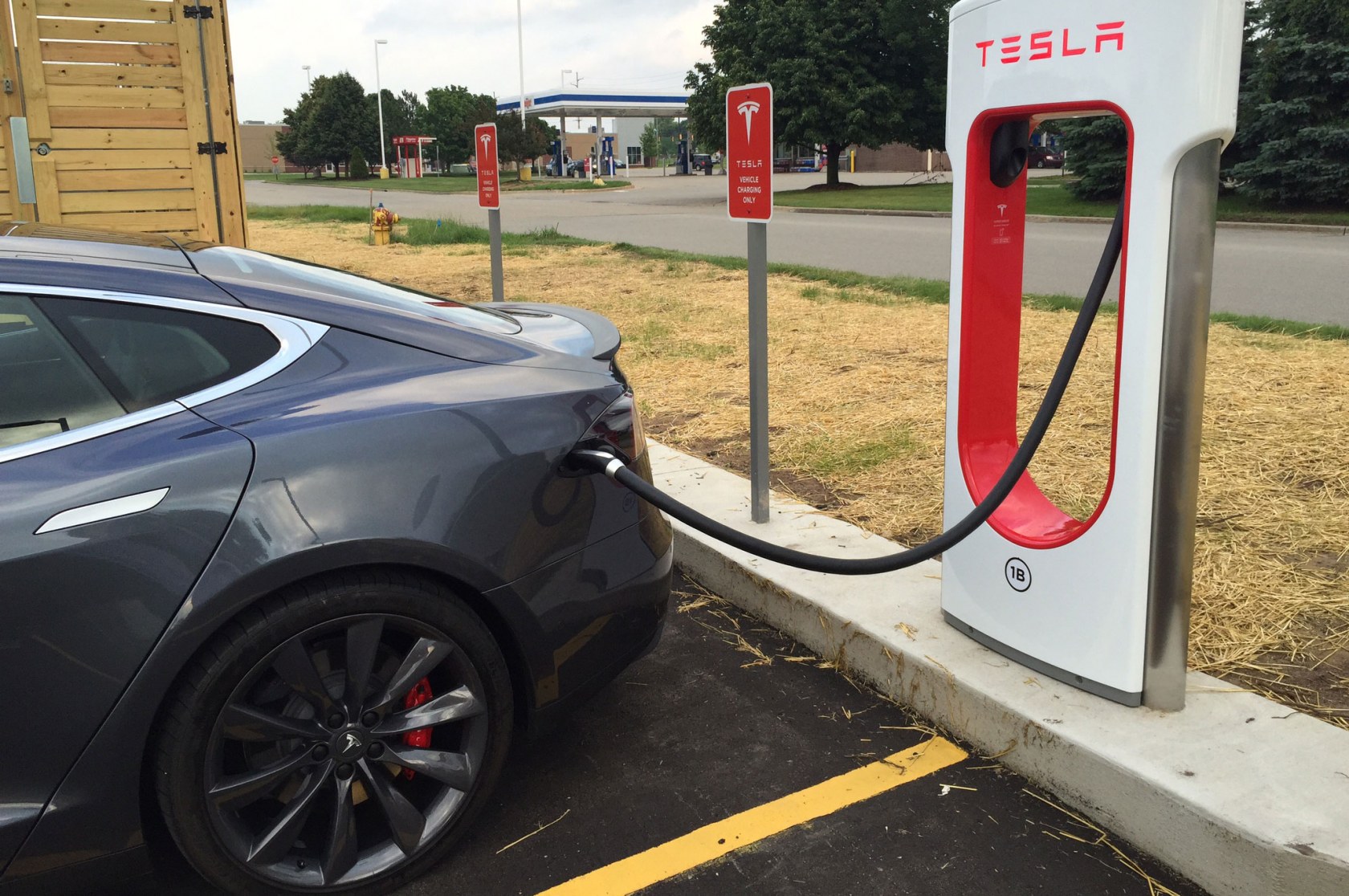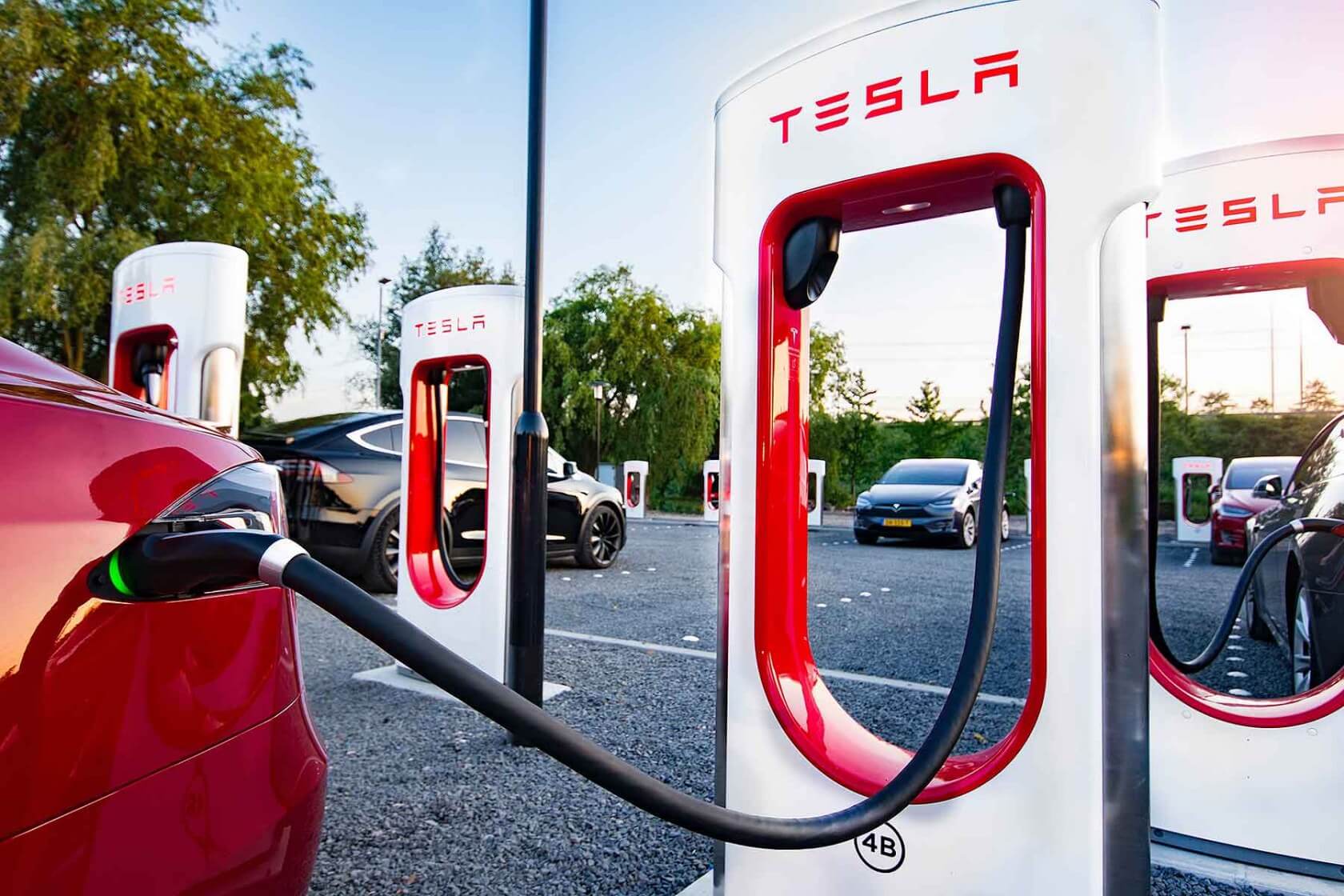
Despite Tesla's recent struggles, the company is still doing its best to improve the lives of its customers. For now, that means completely overhauled superchargers.
Tesla is beginning to launch the first set of V3 Superchargers - these likely won't be upgrades to existing superchargers, but the new locations will boost charging speeds from a previous maximum of about 120kW to a whopping 250kW.
Assuming these speeds can be maintained, Tesla owners who visit a V3 Supercharging station should find that their cars will charge at rates of up to 1,000 miles per hour. Thanks to some other changes Tesla is making to charging on the vehicle software side, the process may be even faster than that.
An upcoming update will "prewarm" Tesla vehicle batteries when a driver draws near to a Supercharger. In theory, this could make charging times about 25 percent faster on average.
In addition to faster charging, Tesla's V3 Superchargers also allow for more consistent charging - the stations effectively eliminate the power-sharing tech that is present at existing Supercharger locations. In other words, your charging speeds shouldn't be affected by how many other vehicles are plugged in around you.

As exciting as this news is for current Tesla owners, it may be wise to temper your expectations. It will be quite some time before V3 Superchargers are widespread enough to make them a viable alternative to their regular counterparts.
Furthermore, only the Model 3 will have built-in support for 250kW charging - other Tesla models will require a future software patch before they can take advantage of the same features.
However, the first location is already open in San Francisco's Bay Area. If you happen to live there and own a Tesla car, give it a whirl and let us know how it goes in the comments.
https://www.techspot.com/news/79088-tesla-new-v3-superchargers-could-charge-vehicles-rates.html